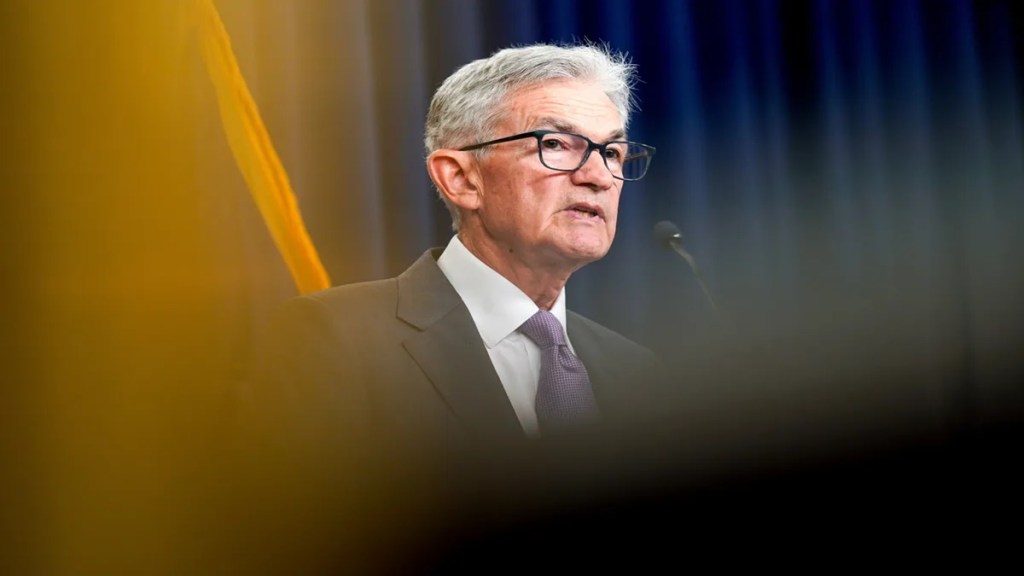The US Federal Reserve’s interest rate cut could be a positive for emerging market equities, but India may not be a go-to destination for foreign portfolio investors (FPIs) given the high valuation, experts said.
Market analysts also highlighted risks related to a potential slowdown or recession in the US economy and the Bank of Japan’s policy meeting on Friday.
“We can expect more flows into emerging markets because of the rate cuts. But the bigger issue on hand is Yen carry trade. What the Bank of Japan (BoJ) does (on Friday) is more important. They are on the rate hike cycle. One more decent size rate hike will lead to a reversal of Yen carry trades,” said Ambareesh Baliga, an independent market analyst.
The US Federal Reserve cut the interest rates by 50 basis points from a decadal high of 5.25-5.5%, signalling an end to its battle against inflation. However, the higher quantum of rate cuts triggered concerns about the health of the US economy.
“While a 50-bps cut could suggest the Fed is concerned about the economic outlook, it could also indicate a calculated, bold step early in the easing cycle. The economy is decelerating, and the Fed is acting – but with caution,” said Pradeep Gupta, co-founder and vice-chairman of Anand Rathi Group.
FPIs have pumped $8.68 billion into India so far in 2024, which includes $3.50 billion so far in September. This is far lower compared to the $14.76 billion that they invested in India in the first nine months of 2023.
Moreover, this year, much of the FPI flows into India have been directed towards primary offerings, indicating the lack of comfort with rich valuations in the secondary market.
As per the data, 84% of FPI flows into India this year were for investments in Initial Public Offerings (IPOs). This is in sharp contrast with the trends seen in 2023 when 25% of the FPI inflows went into IPOs.
Experts said that while the rate cut will make emerging market equities an attractive avenue for FPIs, India’s rich valuations could limit the fund flows into domestic equities. Any correction of 5-10% could open up an opportunity for the FPIs to put more money into India, they said.
A rate cut by the US Fed weakens the US dollar against other currencies, making it attractive for FPIs to invest in emerging markets rather than in US bonds.
“From a global perspective, this rate cut could provide short-term benefits to India, including a stronger rupee and potential capital inflows…. However, these advantages may be temporary if the US economy continues to weaken,” Gupta said.


